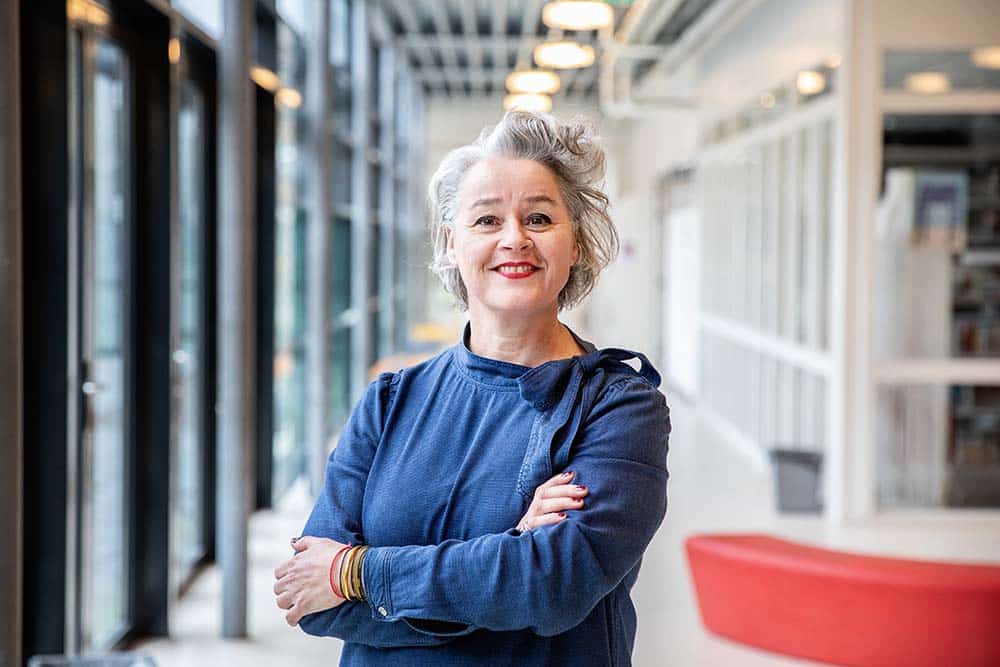Assignment 1
For this assignment you may use a dictionary or English-language Internet sources to help you.
a A peninsula is a piece of land that is surrounded by water on three sides. It is connected to a larger land at one side. “Peninsula” is a geographical word. List other geographical words you know.
b Write down the names of the 4 main directions of a compass. Also write down the names of the 4 directions between the 4 main directions.
|
The World’s Cleanest Air Many of the world’s biggest cities have an air pollution problem. The air in these cities is getting dirtier each year. More and more cities are struggling with smog. This is different on the island of Tasmania and especially on Cape Grim, the peninsula at the island’s northwestern point. Tasmania lies in a faraway corner of the world, in the Southern Ocean. It is part of Australia. Cape Grim has beautiful views of patches of high grass and the blue Southern Ocean. It is an important place for scientists. Since 1976, this spot has been home to the Cape Grim Baseline Air Pollution Station. The people working at the station have a strange job: They bottle the air. The station is right on the ocean. The nearest land to the west is Argentina, far away in South America. There is nothing to the south except Antarctica. The station’s far-away location is what makes it so useful for scientists. It makes it perfect for collecting the air, which many have called the cleanest air in the world. The air is so clean because it is not polluted by car fumes or factory smoke. The scientists at the station are studying this clean air. They measure it to see how polluted it is. People around Cape Grim are proud of their clean environment. Local beef is sold with links to scientific papers on air quality. The number of wind farms has increased and tourism is growing. Mike Buckby is a “rain farmer” with the Cape Grim Water Company. He has taken things to another level. He collects water falling “from earth’s purest skies” and sells it. “Most waters of the world are spring waters,” he explains. “The rain that comes off the Great Southern Ocean, that’s what we depend on.” The water is clean and tastes sort of sweet, he says. Buckby says the scientists’ station and the clean air it measures have helped businesses. Buckby thinks this is a good thing. “There are 43 years of data that says this is the cleanest mix of air in the world,” he says. For 2,000 years all of the major greenhouse gases stayed at a fairly steady level. Now, even the cleanest air from the southwest is changing fast. The scientists at the station have found that greenhouse gases are increasing. The gases are coming from as far away as China. Greenhouse gases trap heat in the air. This causes temperatures to rise, which causes global warming. Carbon dioxide (CO2) is a greenhouse gas. The levels of CO2found at Cape Grim now are similar to those found in some towns at the start of the Industrial Revolution. That was in the late 1700s. The Industrial Revolution was a time of great change throughout the world. More people were living in cities and many factories were built. This is when air pollution started to become a problem. Scientists warn that what we are seeing in the atmosphere is serious. It has probably never been seen before in earth’s history. Based on: www.businesslive.co.za |
Assignment 2
Read the text. Connect the words and expressions that have the same meaning in the text.
| 1. air pollution | a. a cloud of dirty air from cars, factories, etc., that is usually found in cities |
| 2. dirty | b. a long way away; distant |
| 3. smog | c. clouds of black, grey, or white gases and dust that is produced by burning something |
| 4. faraway | d. damage caused to air by harmful or dirty elements (gases, dust, etc.) |
| 5. patches | e. experts who have studied at a university and work in their specialist area |
| 6. scientists | f. gases that come from car engines |
| 7. (to) bottle | g. not clean |
| 8. clean | h. not dirty |
| 9. (to) pollute | i. small areas of land |
| 10. car fumes | j. to catch something and keep it in one place |
| 11. smoke | k. to make land, water, air, etc. dirty and not safe or suitable to use |
| 12. proud | l. to put into a glass or plastic container |
| 13. (to) trap | m. very happy and pleased about something |
Assignment 3
a Why is Cape Grim a good place to study the air?
1. It is part of Australia, where many air pollution scientists live.
2. It lets scientists study air that is not polluted by cars or factories.
3. Scientists can focus on their work because it is very quiet and far away.
4. There are many wind and rain farms to collect air and rain for studies.
b How do scientists gather information at Cape Grim?
1. They check pollution in the ocean.
2. They measure the pollution levels of the smog.
3. They take measurements of pollution from the air.
4. They watch the amount of smog that is visible in the air.
c When did air pollution start to become a problem on earth?
1. Air pollution has always been a problem.
2. At the start of the Industrial Revolution.
3. In 1976, when scientists started bottling air.
4. When people started building greenhouses.
Downloads
Opdracht 17_Lezen_B1_The_World?s_Cleanest_Air
Uitwerkingen 17_Lezen_B1_The_World?s_Cleanest_Air_-_uitwerking





